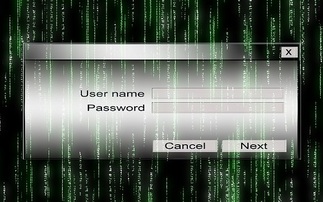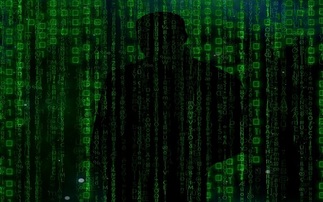One sample appears to be the same piece of malware which the US agencies warned about in May
The US Cyber Command has released two new malware samples that are thought to be linked to North Korean hackers. The military unit posted the malicious software samples on VirusTotal - a popular...
To continue reading this article...
Join Computing
- Unlimited access to real-time news, analysis and opinion from the technology industry
- Receive important and breaking news in our daily newsletter
- Be the first to hear about our events and awards programmes
- Join live member only interviews with IT leaders at the ‘IT Lounge’; your chance to ask your burning tech questions and have them answered
- Access to the Computing Delta hub providing market intelligence and research
- Receive our members-only newsletter with exclusive opinion pieces from senior IT Leaders



















